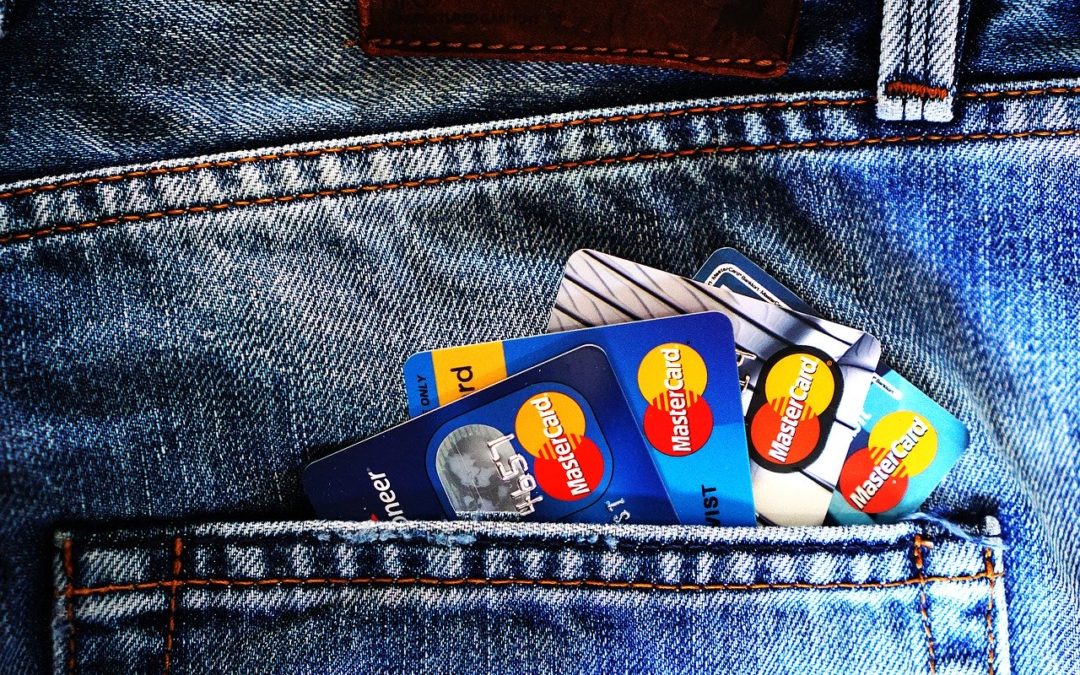Submitted on Friday, July 5, 2019

If you file a Chapter 7 there would be nothing to stop a credit card company from suing your parents as co-signers as they are responsible for the account, just as you are. The bankruptcy would take care of your liability on the debt and would discharge it, but it would not have any impact on the relationship between your parents and the credit card company (they would still owe the money).
The same would be true of a car loan, unless you continue to pay the car lender and sign a reaffirmation agreement with them (in effect, signing up for the debt again despite the bankruptcy filing). While co-signers on consumer debts are not protected in a Chapter 7, in the instance of a car loan, if you are the one who has the car and you are making the payments on the car, the lender cannot repossess the car or sue you with a Chapter 7 going on because you are protected by the protection provisions of the bankruptcy code. Legally, it would not seem that they could sue the co-signers with a bankruptcy going on because they would not be able to repossess the car, sell it and claim that there was some deficiency that the co-signers still owed. Accordingly, and as a practical matter, as long as you make your payments and sign a reaffirmation agreement for the car loan debt the co-signers would be fine despite the bankruptcy filing.
For student loan debt, just like with a credit card, there is no protection for a co-signer during a Chapter 7 bankruptcy proceeding. Accordingly, the lender would be able to proceed against any co-signers even with the bankruptcy ongoing and certainly when the bankruptcy was concluded. Remember that student loans are not generally dischargeable in either a Chapter 7 or Chapter 13 bankruptcy unless you prove to your Bankruptcy Judge that it would be an undue hardship on you and/or your dependents to have to repay the student loan. The courts have made “Undue Hardship” extremely difficult to successfully prove.
If you file a Chapter 13 bankruptcy, unlike all other types of bankruptcy (except a Chapter 12), co-signers on consumer debts are given the same protections that you are from the creditors as long as the bankruptcy is ongoing. Accordingly, if you file a Chapter 13, the credit card company would not be able to do anything to your parents until your bankruptcy is over with, at which point they could sue your parents because they would still be obligated on that debt. However, in a Chapter 13 plan, you are able to create a separate class of unsecured creditors for consumer debts with a co-signer (a “co-signer class”). These debts can be paid back in full through your Chapter 13 plan even though you don’t pay anything back to other unsecured creditors. If you want to make sure that the credit card company does not sue your parents, you could have a separate classification for that creditor in your Chapter 13 plan and offer to pay them 100%. Once you receive your discharge, the debt would be extinguished as far as both you and your parents were concerned.
A car loan would also be considered a consumer debt. As long as a Chapter 13 is going on, the car lender would not be able to sue your parents. As long as you are making payments on the car or pay it in full through the Chapter 13 (by virtue your Chapter 13 plan), your parents would ultimately be protected just like you would during the bankruptcy and afterwards as long as your payments continue to be current. If, after the bankruptcy proceeding, you fall behind on your monthly payments, the car lender would be able to repossess the vehicle, but they couldn’t sue you for any deficiency because the bankruptcy would have discharged any unsecured debt or deficiency that you might owe the car company, but they would be able to sue your parents, the co-signers for this debt.
As far as student loans are concerned, most courts have indicated that student loans are of the nature of a consumer debt. There are contrary opinions, however. The courts seem to look at what the education was used for to make a consumer debt determination. In any event, co-debtors (like your parents) on student loans should be protected from the student loan lender just as you are during the pendency of a Chapter 13. Normally, because of the large magnitude of student loan debts, we seldom, if ever, try to pay them in full through a Chapter 13, like we talked about doing with the credit card above. Rather than have the student loan put in a co-debtor class, we would indicate that the student loan would be paid outside the bankruptcy plan as a long-term debt (one that takes longer you’re your Chapter 13 plan to pay back). Offering to pay 100% back on the student loans outside the Chapter 13 plan would protect your co-signers (your parents) while the Chapter 13 was going on. After the Chapter 13 proceeding is over with, you are still responsible for the student loan as it is not discharged. As long as you paid on your student loans after the bankruptcy in accordance with the payments required by the student loan lender, your parents would be fine because you would not be in default on the loans.
It is not uncommon for someone who owes a great deal of money on student loans to file a Chapter 13 to protect themselves and the co-signer for up to five years (the maximum length of a Chapter 13 plan) while they work to obtain employment that would enable them to pay the high payment that might be required by the student loan lenders.
